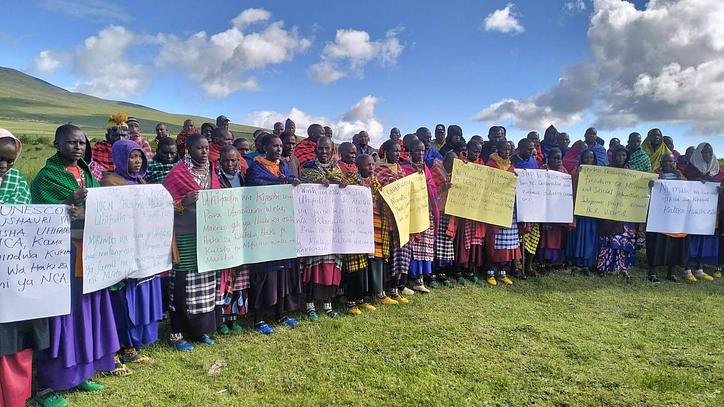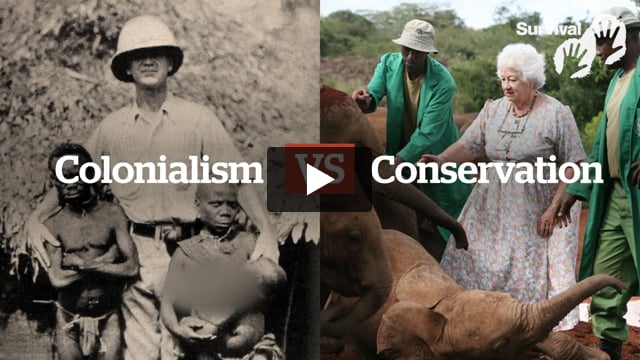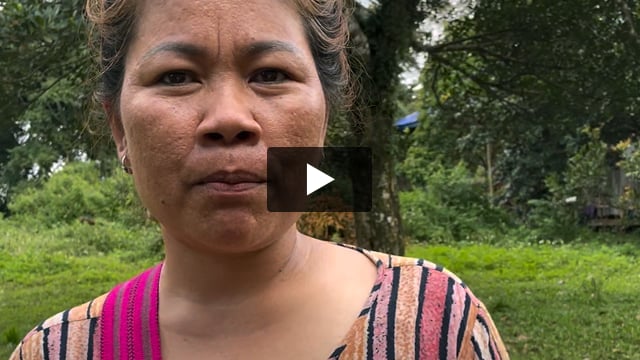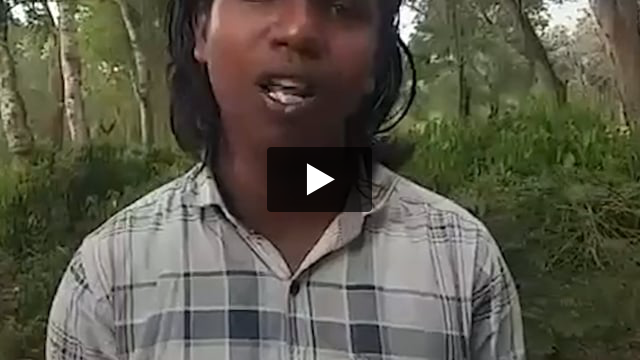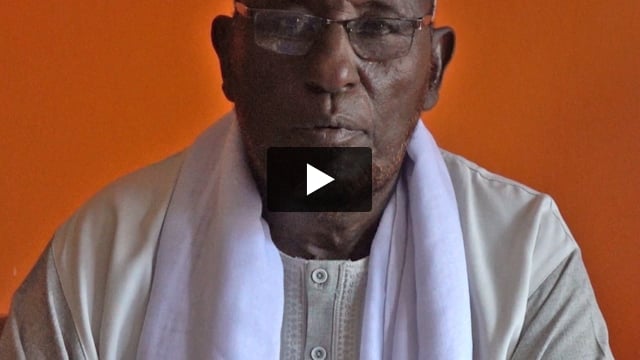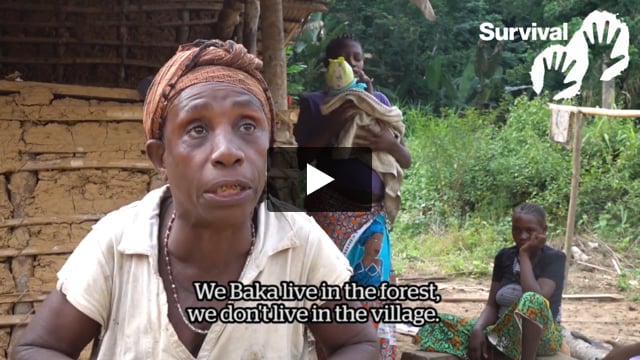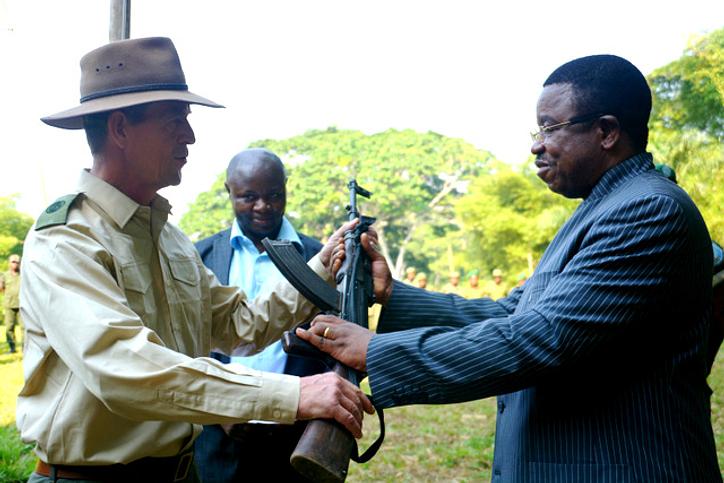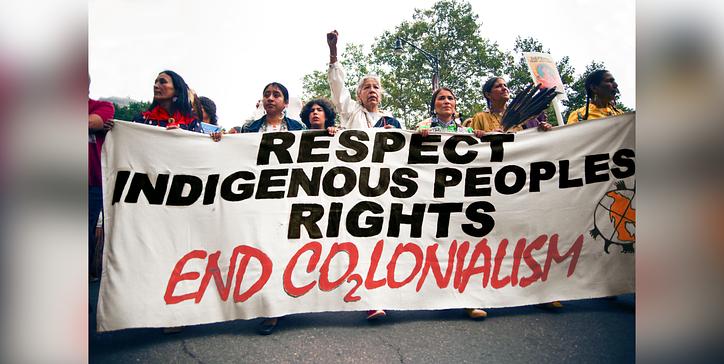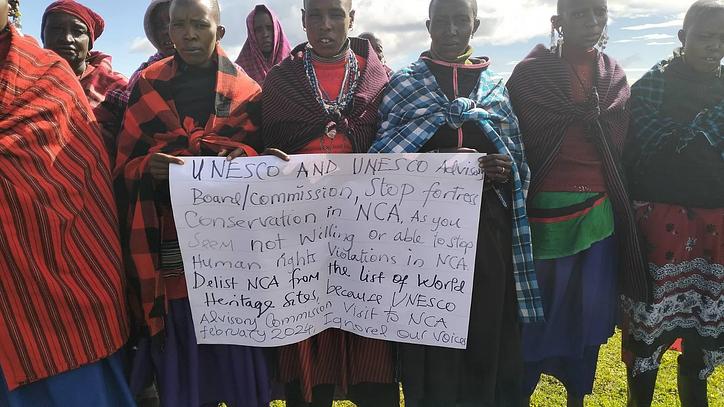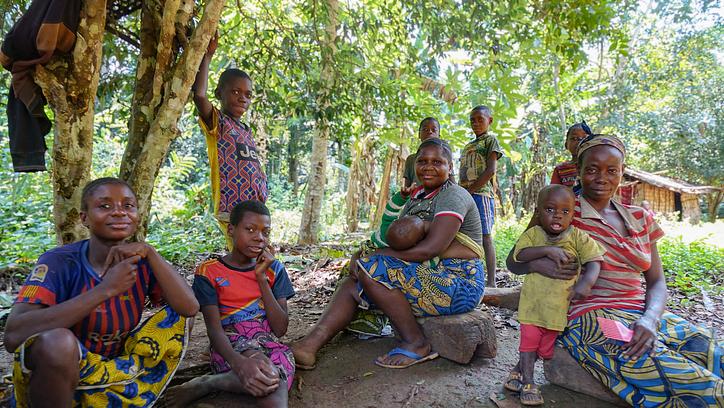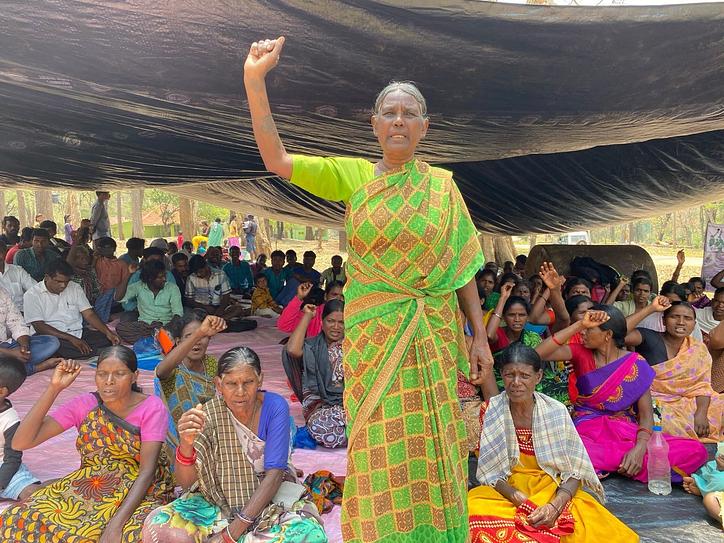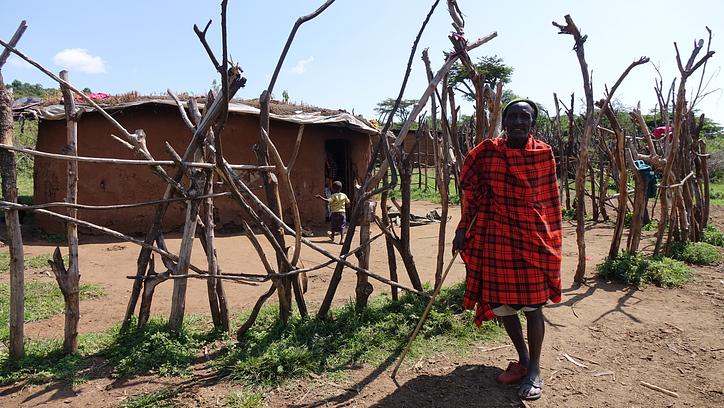But there is a catch: Since the creation of the first National Parks at the end of the 19th century, governments and large conservation organizations have been evicting Indigenous peoples from their lands. They claim that “nature” must be protected from the very people that created these landscapes.
Across Africa and Asia, Indigenous peoples face shocking violence to keep them out of their homes, which have been turned into Protected Areas. For many of them, “conservation” has become the biggest threat. With Protected Areas on the rise, it could turn into the world’s largest land grab.
This model of protecting nature devastates its original guardians, blatantly violates their rights and does nothing for biodiversity. But it has become so ingrained in how conservation is done, that we need your help to change it.
Indigenous peoples and their rights must be at the centre of the fight against environmental destruction and climate change.
Latest from the campaign
June 18, 2025
May 6, 2025
April 1, 2025
December 9, 2024
September 20, 2024
Colonial Conservation: Built on Racism and Violence
The idea behind colonial conservation, also often called “fortress conservation”, is rooted in the colonial belief that Indigenous people cannot manage their own land.
Steve Gartlan, former WWF Country Director for Cameroon, was for example convinced that “it is unrealistic and irresponsible to hand over the duty for protection of these unique ecosystems to the local communities who have neither the resources nor the biological education necessary to manage them.”
These ideas, which survive in conservation till this day, are built on racism, defended with bad science and used to justify the theft of Indigenous land. It’s colonialism in disguise: Powerful organizations are stealing land and resources from Indigenous peoples while claiming to save the planet.
Through glossy documentaries, celebrity endorsements, and educational materials, conservationists have long popularized a vision of conservation that views human presence – particularly that of local people – as a threat to nature. This model developed for over 150 years in opposition to Indigenous views of land.
Instead of supporting the rights of experienced Indigenous custodians, conservationists treat them as intruders in an imagined “natural”, “pristine” or “wild” space. This false and misleading myth of “wilderness” is used to describe places, such as the Amazon and the Congo Basin, that have been shaped and inhabited by Indigenous peoples for generations. It is used to justify the violation of their rights and the theft of their lands.
A Global Mission
Today, governments in the Global North channel billions of dollars and tax payers' money through big conservation organizations to projects in the Global South, shaping how conservation is implemented on Indigenous peoples’ land.
Well known conservation groups like WWF, WCS, and African Parks promote the creation of Protected Areas, advise governments, control funds to local groups and manage (or co-manage) Protected Areas, sometimes the size of entire countries.
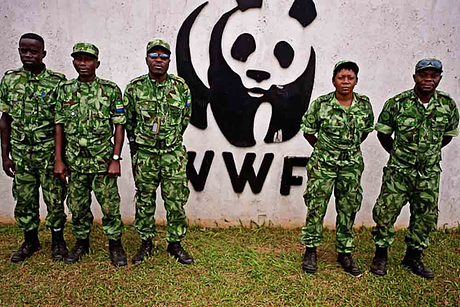 © WWF
© WWF
Indigenous peoples often only learn about plans to take over their lands when evictions begin.
To keep Indigenous peoples out, rangers, funded and supported by the conservation industry, burn homes, evict families, and commit horrific abuses — beatings, torture, even murder. The same organizations dismiss the abuses as committed by just a “few bad apples”. But independent research shows that the problem is widespread and rooted in the militarized model of fortress conservation.
“WWF arrived in our forest, set boundaries without our consent, and told us we could no longer go there. The rangers beat people, but they don’t protect elephants.” - Indigenous Baka villagers from Congo
“We don’t want any money. We want to live free in the forest. The tribes, the forest and the animals are all one thing”. - Jenu Kuruba man, India
Once their land is stolen, Indigenous people become dependent on handouts, often from the very organizations responsible for their evictions, which claim to “compensate” for the loss of their rights by providing “alternative livelihoods”. They are unable to feed their families, visit the graves of their ancestors or pass on their knowledge to their children. It destroys Indigenous peoples and their unique bonds to their lands.
In the meantime, paying tourists and trophy hunters “explore” their ancestral lands for fun and institutions like UNESCO or the International Union for Conservation of Nature (IUCN) praise these places as World Heritage Sites or as barriers to environmental destruction.
Hard to believe? Listen to the testimonies of Indigenous people that have experienced conservation crimes.
Conservation organizations, and the governments that fund them, have been aware of atrocities for many years, often decades, yet they continue to support colonial conservation, sidelining Indigenous led land management. Some conservation organizations have covered up reports of abuses.
Their cuddly image has left conservation organizations largely unaccountable, even though international law obliges them and their donors to secure consent from Indigenous peoples and abstain from projects that harm their rights.
A Broken Model Designed for Profit
Evicting Indigenous peoples doesn't mean, that the land is off-limits for everyone.
In some places wealthy tourists can hunt trophies by paying thousands of dollars, whilst hunting for food by locals is forbidden. In other places, tourism and resource extraction, like “sustainable logging”, are tolerated and companies partner with conservation organizations. Increasingly, conservation organizations and governments also use Protected Areas to generate carbon credits, which are sold to companies like Meta or British Airways to improve their green image.
“They [Conservation International] only care about the funding and how to spend it... They don’t care about the forest”. – Kuy Indigenous person, Cambodia
“Tourists bring in plastic waste that kills our animals. We are troubled by this, yet they call this conservation.” – Husain Swamy, Chenchu, India
These double standards are justified by claiming that such activities generate essential funding to pay for conservation. Conservation organizations say that we need to raise US$700 billion a year. But a different model of conservation, which secures Indigenous land rights, achieves equal or better conservation results at a fraction of the cost.
Conservation has turned into an industry and conservation organizations into corporations. They inflict harm on those least responsible for biodiversity loss and climate change while catering to those that drive environmental destruction.
Join the Fight: A Better Approach to Conservation
Help us stop this form of “conservation”, which destroys the environment’s best allies. It’s time for a better approach, that recognizes Indigenous peoples’ role in the fight to protect their own lands and that respects their rights. They were expert conservationists long before the word “conservation” was even invented.
In many places of the world, Indigenous peoples have been resisting colonial conservation. They organize protests, challenge false ideas about “nature”, and they demand what is rightfully and legally theirs. Many face violence or intimidation for their fight. For over 30 years, Survival International has supported them and campaigned to stop abuses committed in the name of conservation. Here’s what needs to happen and what you can do:

